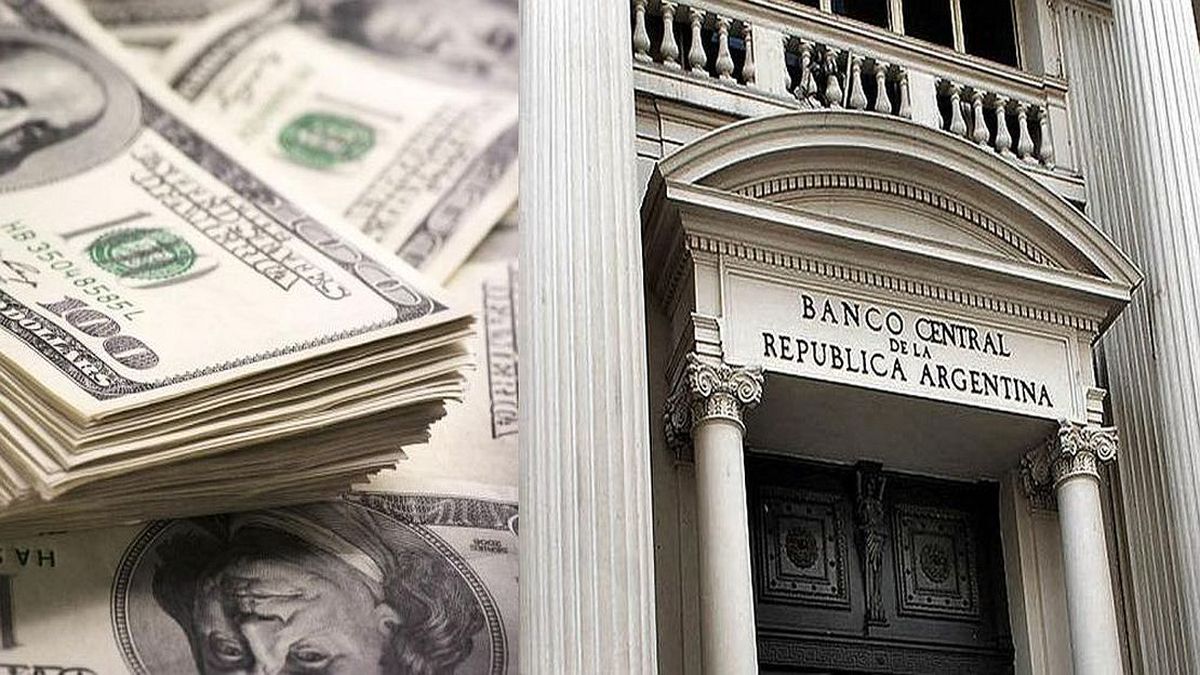Traders who bet on the carry trade gained 18% against the dollar between July and October, as estimated by the chief economist of the consulting firm Arriazu Macroanalistas, Fernando Marengo. The parallel exchange rate movement in recent days wiped out almost a third of that gain, he adds. The temptation caused by yields in pesos, thanks to the fact that the key rate reached a maximum of 75%, is beginning to fade.
The two factors that alert the market:
Investors began to distrust even more after the setback that the last attempt by Finance Secretary Eduardo Setti had this Thursday to clear the bulky debt maturities of Argentina. “We saw a strong sign that the market is reluctant to extend the terms in pesos due to the suspicion of what could happen beyond 2023,” wrote Nery Persichini, head of research and strategy at GMA Capital in Buenos Aires. According to his estimates, the debt swap only garnered 20% support from the private sector.
The road to the October 2023 elections is a minefield of expirations. The Government must cancel or renew 17 trillion pesos (more than US$100,000 million), an amount that is four times higher than the total money in circulation of the Argentine economy.
“Being short on Argentine debt and looking for hedges, from now on is not a bad option,” Matías Cremaschi, head of investments at Delta Asset Management, warned on Tuesday during his presentation at a panel in Buenos Aires. His recommendation reflects the new market consensus after three months of falling in love with peso rates.
After the inflation data, the Central Bank decided not to raise the rate again. Currently, the referential rate stands at 75% nominal per year, equivalent to 107% effective per year, given a projected inflation of 100% according to analysts.
- Central Bank Reserves
The market is also stressed due to the loss of Central Bank reserves during November. So far this month, it has accumulated sales of US$911 million. US$667 million fell in the month, while US$1,494 million fell in the year.
From the BCRA they justify the drain on the persistence that shows the demand for operations of importers that had been approved when the SIMI was still in force (today replaced by the SIRA) were “approved” by the previous trade administration scheme.
Source: Ambito
David William is a talented author who has made a name for himself in the world of writing. He is a professional author who writes on a wide range of topics, from general interest to opinion news. David is currently working as a writer at 24 hours worlds where he brings his unique perspective and in-depth research to his articles, making them both informative and engaging.




